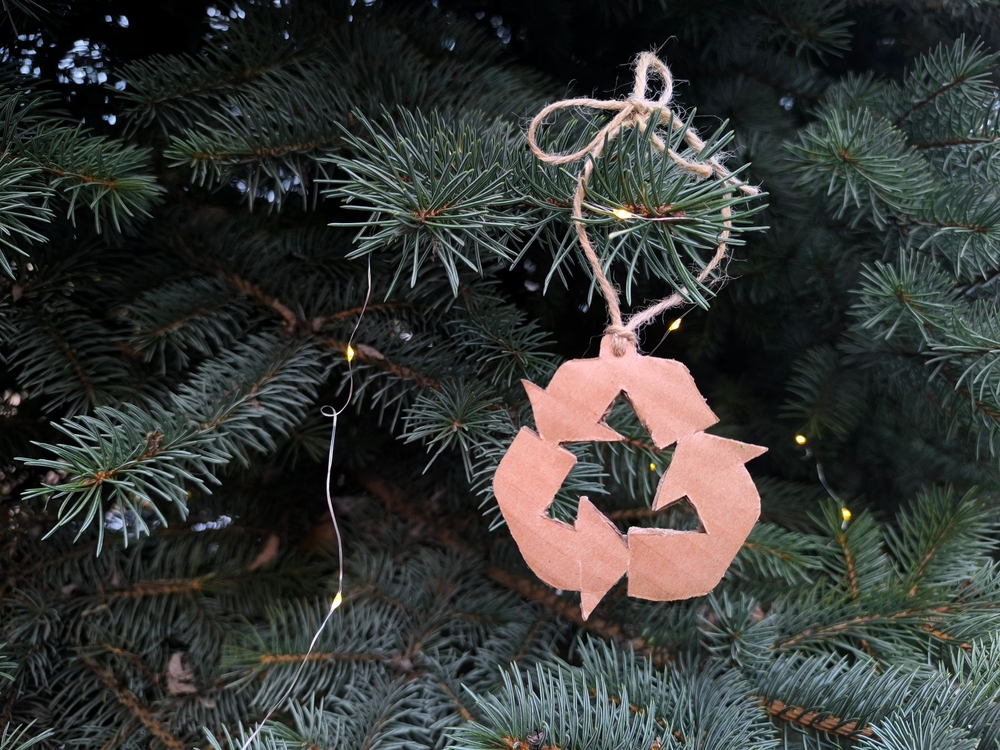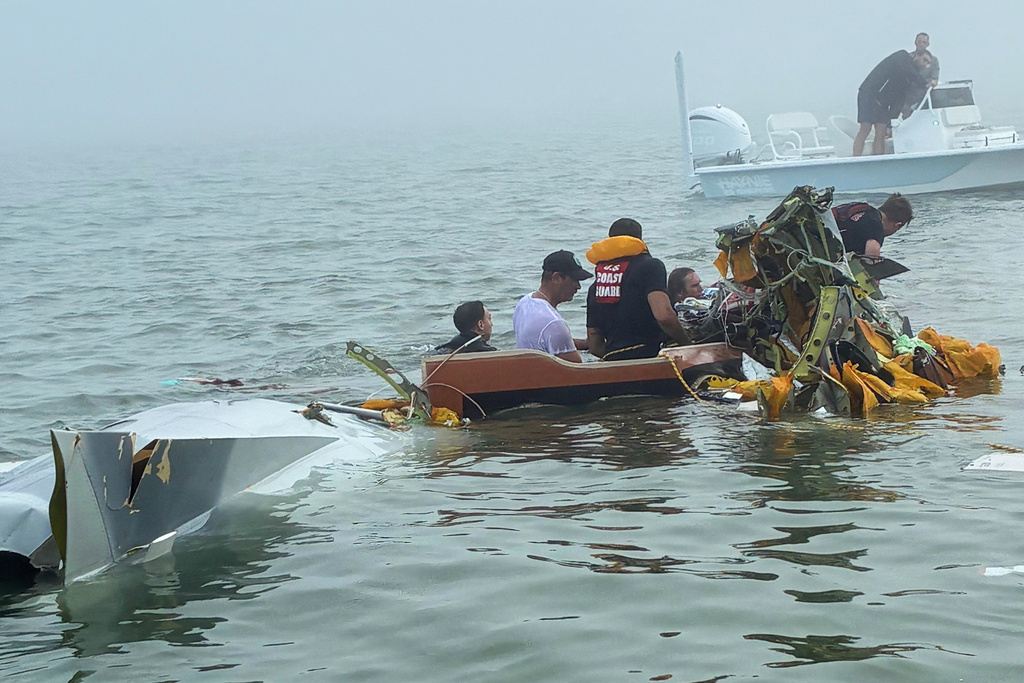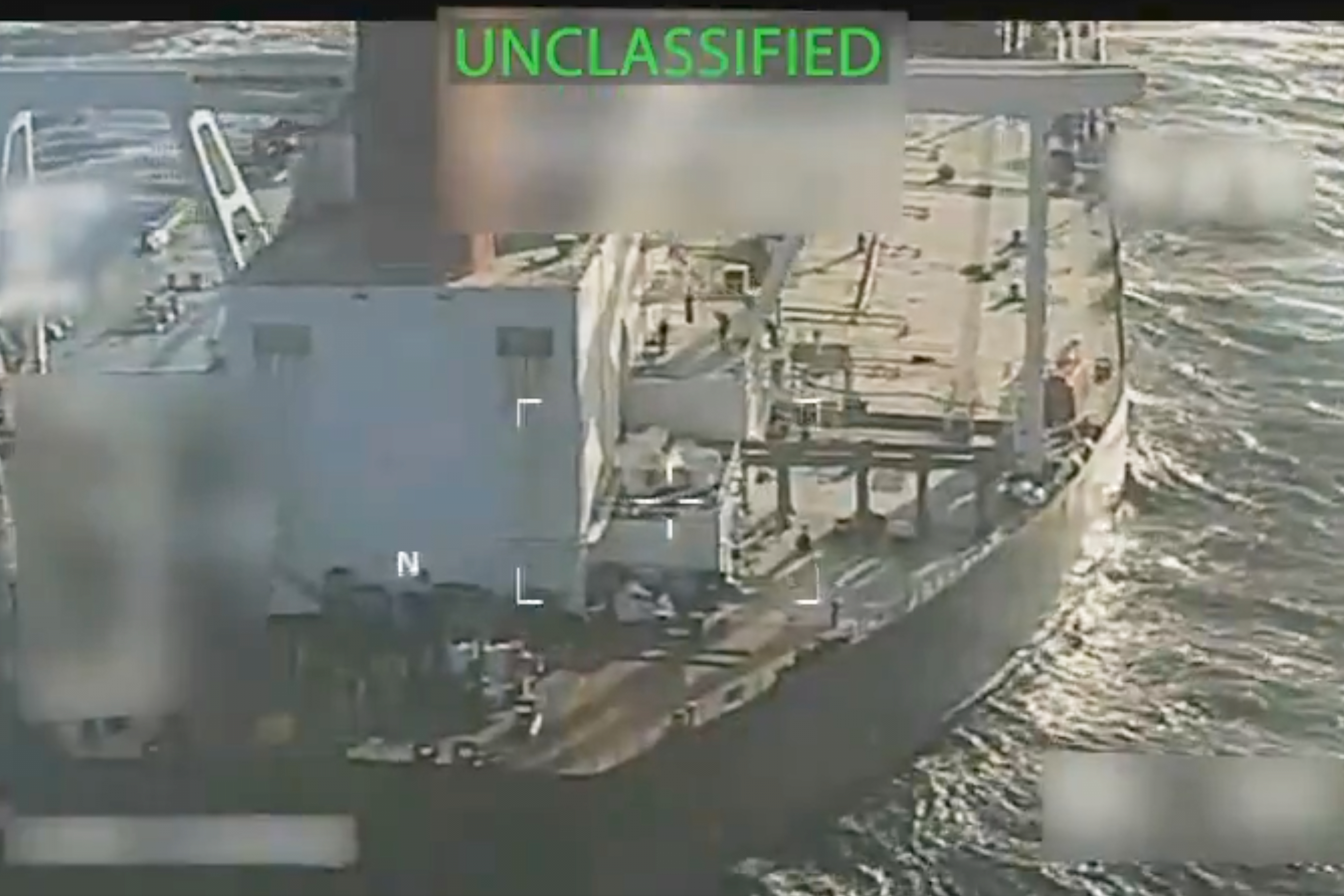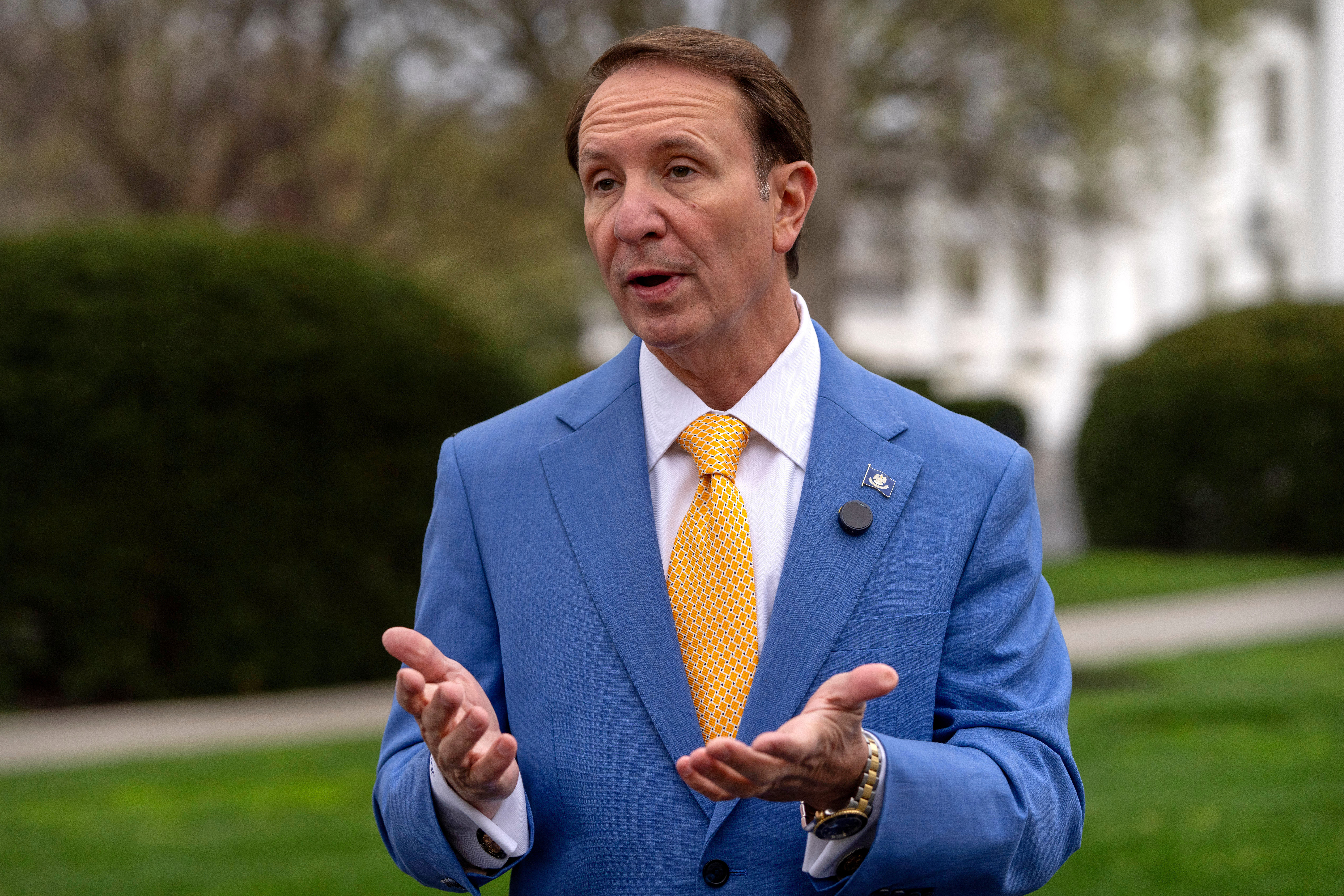The White House has taken a big step toward signing a 15-year-old global treaty that bans antipersonnel land mines.
"The U.S. says it will no longer make or seek to acquire land mines, adding for the first time that it intends to sign up to an international treaty banning them." (Via Euronews)
The announcement was made Friday on the final day of a peace conference in Maputo, Mozambique. The White House later confirmed the decision in a statement. (Via 3rd Review Conference)
"This announcement marks another important step in our landmine policy. It follows previous steps to end the use of all non-detectable mines and all persistent mines, which can remain active for years after the end of a conflict." (Via The White House)
Now, the U.S. still has yet to join the 161 other nations that have signed the treaty, also known as the Ottawa Convention.
But Friday's decision means the U.S. will begin allowing its old antipersonnel land mines to expire without replacing them, which will slowly reduce the estimated 10 million mines in the American stockpile. (Via Human Rights Watch)
As Time notes, the announcement came as somewhat of a pleasant surprise to human rights advocates. They had grown increasingly frustrated over Washington's unwillingness to sign the ban.
But at the same time, critics say the U.S. hasn't gone far enough to make any real change.
The New York Times quotes the executive directors of the arms division at Human Rights Watch: "No target date has been set for accession by the U.S., and no final decision has been made on whether to join the treaty. The U.S. is reserving the right to use its 10 million antipersonnel mines anywhere in the world until the mines expire."
Land mine policy has been an emotional debate for years now. The Wall Street Journal notes advocates of the ban say the U.S. should get rid of weapons that can kill long after a conflict is over. But opponents argue land mines are effective weapons, and banning them could threaten U.S. security overseas.
Despite the fact that the U.S. has not joined the Ottawa Convention, the country is still the largest single donor to land mine decontamination and medical care for victims. According to a White House statement, the U.S. has provided more than $2.3 billion since 1993 for weapons destruction programs in more than 90 other countries.











